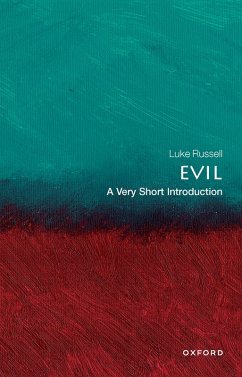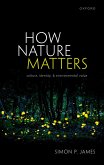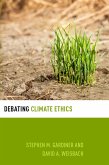Very Short Introductions: Brilliant, Sharp, Inspiring We regularly encounter appalling wrongdoing, with the media offering a depressing parade of violent assault, rape, and murder. Yet sometimes even the cynical and world-weary amongst us are taken aback. Sometimes we confront a crime so terrible, so horrendous, so deeply wrong, that we reach for the word 'evil'. The 9/11 terrorist attacks were not merely wrong, but evil. A serial killer who tortures his victims is not merely a bad person. He is evil. And as the Holocaust showed us, we must remain vigilant against the threat of evil. But what exactly is evil? If we use the word 'evil', are we buying into a naive Manichean worldview, in which two cosmic forces of good and evil are pitted against one another? Are we guilty of demonizing our enemies? How does 'evil' go beyond what is merely bad or wrong? This Very Short Introduction explores the answers that philosophers have offered to these questions. Luke Russell discusses why some philosophers think that evil is a myth or a fantasy, while others think that evil is real, and is a concept which plays an important role in contemporary secular morality. Along the way he asks whether evil is always horrific and incomprehensible, or if it can be banal. Considering if there is a special psychological hallmark that sets the evildoers apart from the rest of us, Russell also engages with ongoing discussions over psychopathy and empathy, analysing the psychology behind evildoing. ABOUT THE SERIES: The Very Short Introductions series from Oxford University Press contains hundreds of titles in almost every subject area. These pocket-sized books are the perfect way to get ahead in a new subject quickly. Our expert authors combine facts, analysis, perspective, new ideas, and enthusiasm to make interesting and challenging topics highly readable.
Dieser Download kann aus rechtlichen Gründen nur mit Rechnungsadresse in A, B, BG, CY, CZ, D, DK, EW, E, FIN, F, GR, HR, H, IRL, I, LT, L, LR, M, NL, PL, P, R, S, SLO, SK ausgeliefert werden.









